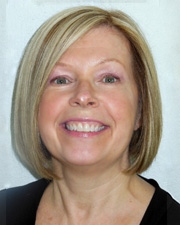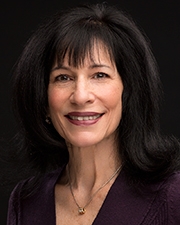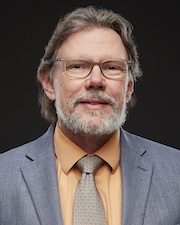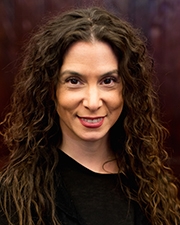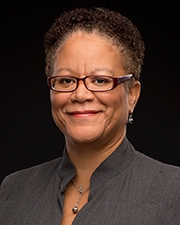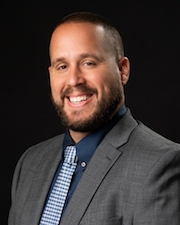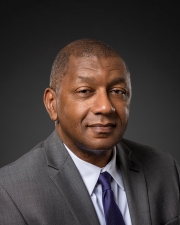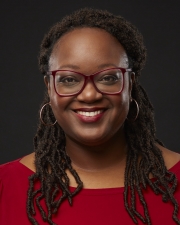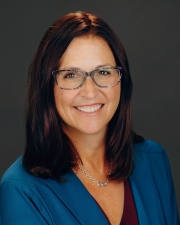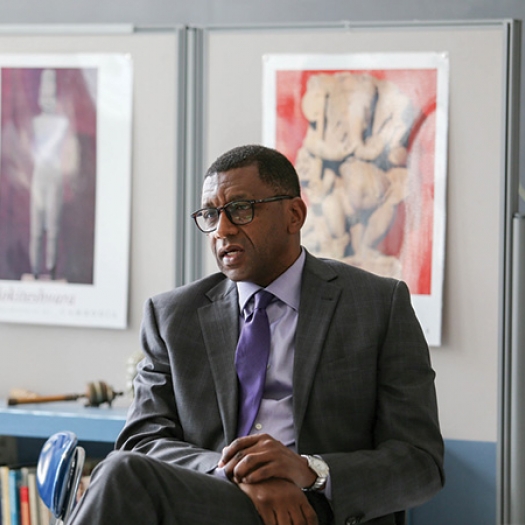Licensure & Certification Information
State Counseling Licensure & National Counseling Certification
Currently, toward the end of their second year in the program, students sit for the National Counselor Exam (NCE) or the National Clinical Mental Health Counseling Exam (NCMHCE), which the program administers at Penn GSE. Passing the NCE exam grants students the status of eligibility as a PA Licensed Professional Counselor (LPC) and a National Certified Counselor (NCC) once their 3,000* hours of post-master’s supervised counseling work is completed. The NCC credential signals to licensing boards and employers that the program from which the student has graduated has been approved by a national credentialing board. The NBCC defines the credential as such: “National Certified Counselors (NCC) are board certified counselors who offer the highest standards of practice because they have met stringent education, examination, supervision, experience, and ethical requirements.” However, the NBCC has recently made changes to this program, so the last application cycle for our students will be the fall of 2026. Following this date, students will sit for their licensure exam after graduation but without the NCC designation.
* Each state has its own licensing requirements so please check with your state board for both the internship licensing requirements and exact number of required post-master's hours.
State School Counselor Certification: PreK-12
Toward the end the program, students sit for the PRAXIS School Counselor Exam (5422). Students can choose from a variety of testing sites both in and out of Pennsylvania. Students who pass this exam and complete all the coursework and internship requirements are eligible for certification as an Elementary and Secondary (PK-12) School Counselor (Education Specialist I) in the Commonwealth of Pennsylvania and can be certified as PreK-12 school counselors. Students living outside of Pennsylvania are well positioned to earn similar certification in other states but must confirm their state’s requirements in advance of their internship field experiences.

